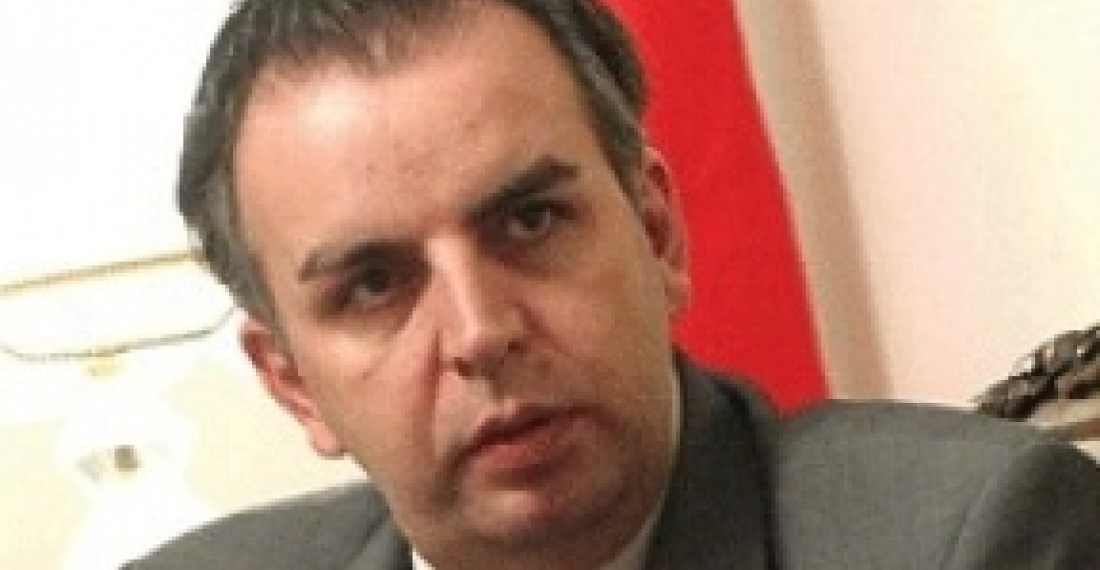The guiding principle of the Azeri propaganda machine is "if you tell a big lie and keep telling it, people will believe it," Armenia's Permanent Representative to the United Nations Karen Nazaryan said regarding the propaganda letters Azerbaijan keeps spreading in the UN.
"We are not surprised at the aggressive style of Azerbaijan, whose president has publicly called the Armenians fascists and enemies. This chauvinism is a way for the Azeri authorities to evade responsibility for the consequences of their aggression against Nagorno-Karabakh and the Khojalu crimes against their own people," Nazaryan said,
He said that in response to Azerbaijan's letters, Armenia's official positions would be made known to the UN Secretary General and member-states and would be published in the press.
Armenia's Permanent Representative to the United Nations:
Armenia's Permanent Representative to the United Nations:







